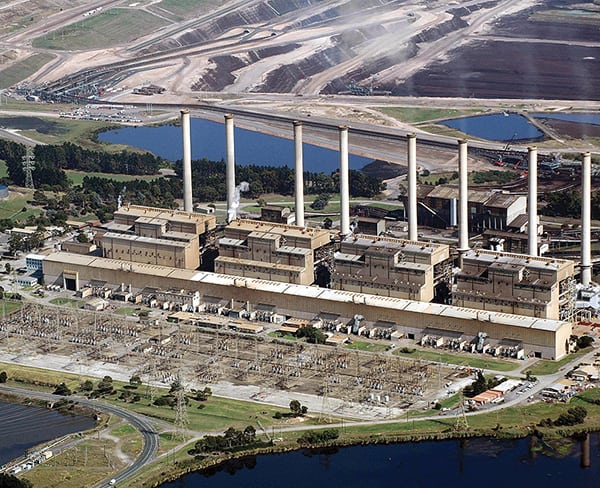Market Conditions Force Coal Unit Closures in Australia, Germany
Difficult market conditions have accelerated the much-hyped closures of a string of coal-fired power units in the U.S., but the phenomenon is extending overseas, gripping plants in Australia and Germany.
In the wake of the Paris agreement in December 2015, a number of governments have moved to phase out coal-fired generation. This October, France, which gets a mere 3% of its power from coal, said it would shut down all its remaining coal plants by 2023. Then, in early November, Canada's Liberal government announced a nationwide phase-out of coal power without carbon capture and storage by 2030, though it later allowed the province of Saskatchewan to keep running coal plants under an equivalency agreement. The move echoed the UK's intentions, announced nearly a year before, to shutter all unabated coal power plants by 2025 and restrict their usage from 2023. Then, in November 2016, Finland also announced a plan to phase out all coal burning by 2030, noting that coal-fired power made up about 7% of the Nordic country's generation in 2015. Finally, a non-binding motion by the Dutch parliament in September 2016 to cut the country's carbon emissions 55% by 2030 has spurred lawmakers to contemplate retiring five remaining coal units in the Netherlands.
In addition to these policy shifts, coal plants are also suffering economically in several countries, forcing their premature retirement.
In November, French firm ENGIE, which has publicized a strategy to gradually end its coal activities, announced it would close the 1.6-GW Hazelwood coal generating station (Figure 5) and an adjoining mine in Victoria, Australia's most densely populated state, by the end of March 2017. Among the reasons for its decision to shutter the plant are that it has been operating in "difficult market conditions with lower electricity prices and a surplus of electricity supply" in Victoria.
According to a market insight report published in November by the Australian Energy Market Operator (AEMO), the plant accounts for about 14% of total firm capacity in Victoria, and 4% of total firm capacity installed in Australia's National Electricity Market. But because Victoria's generation exceeds the needs of the region, Hazelwood's closure will serve only to reduce surplus generation that the state has traditionally exported. AEMO projected that increased output from black coal generation in New South Wales and South Australian gas-fired generation would replace more than 90% of the consumption previously met by Hazelwood. However, it warned that the supply and demand balance would be "tighter" during peak periods.
Also in November, Germany's fifth-largest power generator, STEAG, cited "changes to the market environment brought about by energy policy" and persistently low power prices as reasons to close five of its hard coal units-a combined capacity of about 2.5 GW-before the end of 2017: West 1 and 2 in Voerde and Herne 3 in North Rhine-Westphalia, and Weiher and Bexbach in the Saarland. The company remarked that the troubling market conditions have led to "a situation in which many large-scale conventional power plants in Germany can no longer operate cost-effectively." STEAG also noted that it has been able to keep its power plant portfolio on the market "for a long time by optimizing the cost and revenue structure at an early stage but that a "drastic deterioration in the market situation," had forced it to take the "hard and sad step" to close the plants to preserve the company's commercial viability.
-Sonal Patel, associate editor (@POWERmagazine, @sonalcpatel)
The post Market Conditions Force Coal Unit Closures in Australia, Germany appeared first on POWER Magazine.
